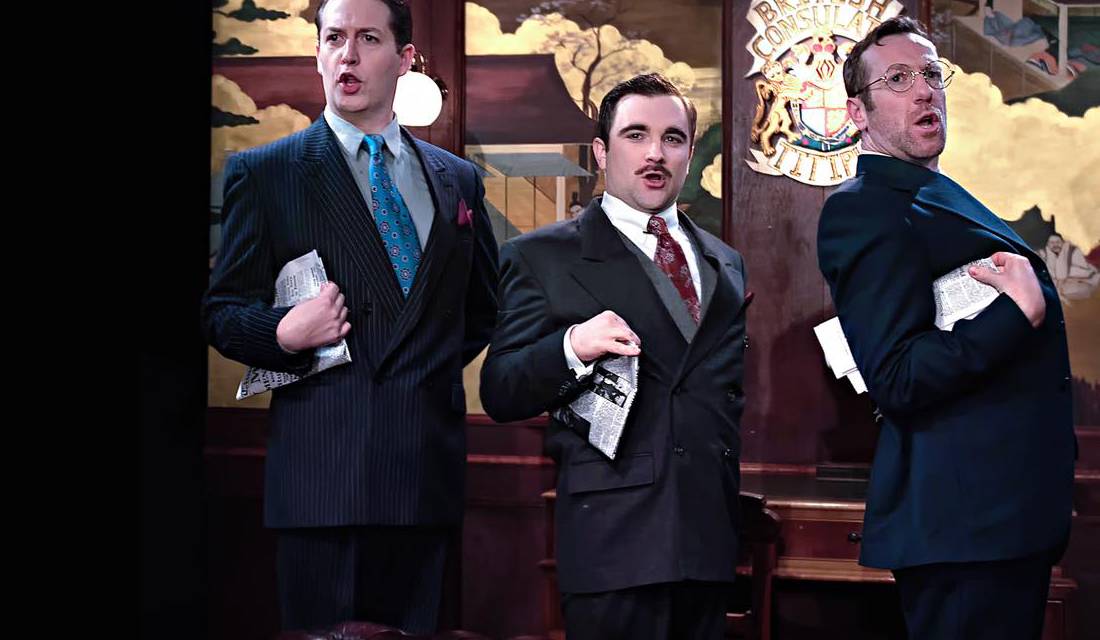Opera – it’s all about stuffy opera houses, high-priced tickets and getting dressed up to the nines, right? Well, not necessarily. Earlier this year I saw The Mikado (Gilbert and Sullivan, 1885) in the back room of a pub, and it was excellent.
Charles Court Opera’s witty, energetic production took place in Islington’s King’s Head, a Victorian pub that has been hosting theatre since 1970. The cast were excellent, particularly Jack Roberts as Nanki-poo, and the inventive choreography made full use of the limited space. The company has, after all, been described as the ‘masters of Gilbert and Sullivan in small spaces’.
Theatre in pubs is nothing new. In Shakespeare’s time plays were often performed in the yards of inns, while several Victorian taverns were annexed to theatres. But it would be fair to say that pub theatre is having something of a revival, and opera is part of the line-up.
Purists might scoff, claiming that the experience can’t possibly be the same. And they’d be right. But different doesn’t mean worse, or that one experience is more worthy than the other. That production of The Mikado was perfectly suited to the back room of the King’s Head. It was intimate and personal; the audience was right in among the action. It felt like we were there in the drawing rooms and offices of the great and good of Titipu. All of this would have been lost on a bigger stage.
It was a much less formal affair than going somewhere like the Royal Opera House. Although attitudes have relaxed somewhat in recent years, people do still tend to dress up for the opera. At the King’s Head, there were plenty of posh dresses and suits in the audience, but there were also T-shirts and jeans. This more laissez-faire approach makes pub opera more amenable to families, especially those with young children.
Cost is another big issue. A trip to the ROH for a family of four can easily run into hundreds of pounds. Our Mikado tickets were about £25, but they can be even cheaper, often under £20 and sometimes as low as £10. Food and drink are much less expensive, too, as anyone who’s bought a glass of wine in the Royal Opera House can testify.
Then there’s the simple fact that there are many more pubs in this country than there are opera houses. Not all will have the space to host an opera, but many do, and if that space isn’t currently being used, all it might take is an interested email from the pub landlord to a touring company. These companies want places in which to stage their performances, after all, so it’s always worth asking the question.
Smaller, less traditional venues are also great places for innovation, to test out new ideas. In October this year, the King’s Head is hosting a modern version of La Traviata (The Fallen Woman, Verdi, 1853), sung in English, in which Violetta is a pole dancer. In 2019 it will stage brand new productions of Carmen (Bizet, 1875) and Don Giovanni (Mozart, 1787), both sung in English, while Charles Court Opera is returning to the pub with their take on Gilbert and Sullivan’s HMS Pinafore (1878).
Opera is often accused of being elitist and inaccessible. Pub opera goes a long way to addressing such criticisms, and it’s time we all embraced it.
Image
Charles Court Opera’s Mikado performed in the back room of the King’s Head Theatre Pub in Islington, north London (Bill Knight).

